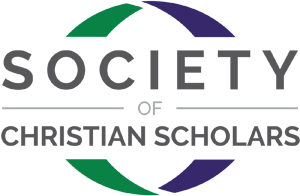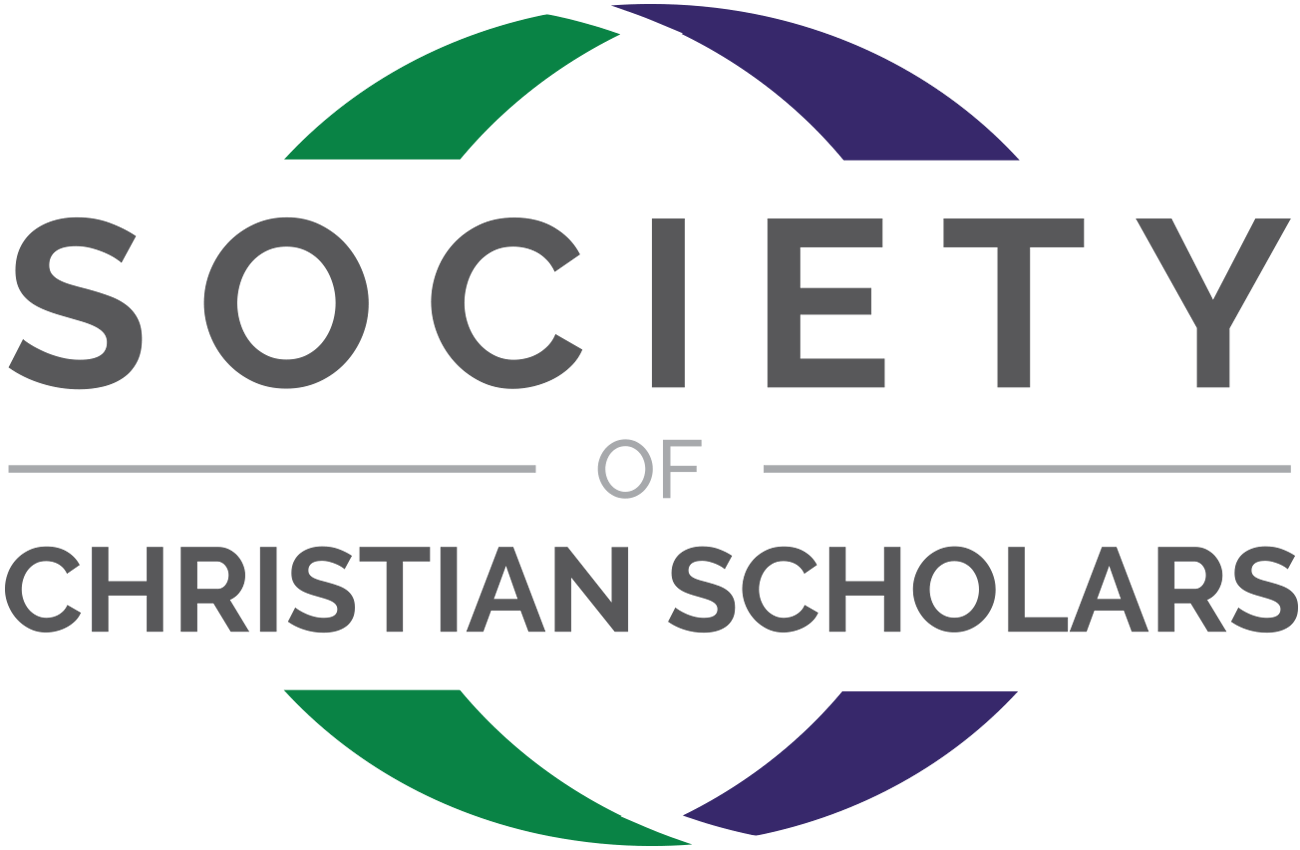Integrating Faith and Library Science
In a 1934 poem entitled The Rock, T.S. Eliot wrote the following:
Where is the Life we have lost in living?
Where is the wisdom we have lost in knowledge?
Where is the knowledge we have lost in information?
‘The intellectual heart of the university’ is a common aphorism used by administrators when they refer to the school’s library. As I approach my 40th year of service at this “intellectual heart,” I was recently challenged to reflect on how the Lord intends to use Christians to accomplish His purposes in a vocation so close to the nature and purpose of scholarship.
Because the library profession, at least in the academic environment, is concerned with the scholarly communication and information organization/management process, it would help to consider the difference between information and knowledge. Information has been described as abstract and disembodied—merely potential knowledge (Jensen, 2023). Knowledge, on the other hand, can be described as the culmination of the exchange of information and ideas. It is first personal, embodied and individual, a process in which librarians seek to ensure the individual’s right to access and to process information without fear of judgment or reprisal. Second, knowledge emerges through communication and sharing of scientific research, experimentation, and discovery. Third, knowledge is archival, an ever-growing account generated (in part) by this academic research. This last description is often used to describe the primary function of libraries, with their rows of shelves containing books and academic journals.
From my perspective, however, the library is more than a passive information repository. Questions about the nature of knowledge are philosophical questions. In this sense, knowledge lives in a vacuum and is arbitrarily segmented into knowledge domains or disciplines. Libraries are a microcosm of the aggregated knowledge possessed by a society’s individuals (Shera, 1968), whether they be physical or virtual. In other words, libraries are a locus of the social phenomena that contribute to knowledge (Budd, 2004). Budd further elucidates that the academic library, in particular, exists to make manifest and tangible the products of social processes aimed at putting us on the path to knowledge.
Scholarship, as an activity, has been eloquently described by Theodore Hesburgh as a living dialogue (Hahnenberg, 2017). Ultimately, these scholarly activities and the accompanying dialogue build on the foundation of social practices within various disciplines that lead to a body of knowledge. The credibility of this knowledge is determined through the production of and access to this knowledge because, in part, someone must be aware of a producer’s work in order to test and learn from it (Fuller, 1996). Social epistemology is built on the merits of individual epistemology. From a social epistemology perspective, social practices show the need to rely on the perspectives of others and offer the possibility of the existence of true beliefs (Goldman, 1999). These true beliefs count as knowledge if and only if they are justified by a reliable process (Goldman & Beddor, 2008).
The classical (or traditional) notion of knowledge in modern philosophy equates knowledge with ‘justified, true belief.’ Various strains of postmodernism would seek to deconstruct the reliable processes leading to this justified, true belief by turning them, instead, into a power play, a form of discourse in which one version of truth seeks to be dominant over the other. In this perspective, there can be no direct perception of reality without interpretation, and all interpretation is tainted in some way by the interpreter’s cultural and personal prejudices (Grassie, 1997). Christian scholarship, while a participant in the postmodern world, is not subservient to the growing postmodern cynicism about the ability to know truth but, instead, has the potential to spring up like a well (cf., John 7:38) and flow out to a world in need of liberation from sin.
For Christians, truth is deeply personal as that which corresponds to the mind of God. Since we see through a glass darkly (1 Cor 13:12), our access to knowledge is limited and mediated by our cultural milieu. A culturally mediated epistemology, for example, encompasses the ways in which people define, seek, and validate knowledge, leading to distinct ways of knowing and understanding the world. Therefore, a culturally mediated belief system encompasses the cultural beliefs and values that influence what knowledge is accepted or rejected. The Gospels provide numerous examples of Jesus culturally mediating knowledge through his teaching methods, his use of culturally relevant references, and how he engaged with the religious and social context of his time. Jesus challenges his audience to attain knowledge beyond these limitations while participating in the cultural milieu of his audience (see Matthew 8:5-13; 15:21-28; Luke 4:16-30).
To conclude, when it comes to working with students, my goal is to come meaningfully alongside them on their doctoral journey. Their dissertation topic is the conversation starter that can initiate an awareness of how faith contributes to their research. Sorenson (1997) refers to this as ‘sojourning’ and a ‘relational style’ of integrating faith and scholarship. Whether expressed explicitly or implicitly, our Christian core, by grace, is the essence of all we say and do. Sites et al. (2009) describe this essence as an ontological foundation from which one’s faith flows out naturally into the ‘pedagogical, relational, and community contexts of academic life (cf. Jn 7:38).’ This grace gives each interaction the opportunity to become a collaborative exercise in the critical appraisal of information and in the construction of new knowledge.
References
Budd, J. M. (2004). Academic libraries and knowledge: A social epistemology framework. Journal of Academic Librarianship, 30(5), 361-367.
Fuller, S. (1996). Recent work in social epistemology. American Philosophical Quarterly, 33(2), 149-166.
Goldman, A. I. (1999). Knowledge in a social world. Oxford University Press.
Goldman, A., & Beddor, B. (2008). Reliabilist epistemology.
Grassie, W. (1997). Postmodernism: What one needs to know. Zygon: Journal of Religion & Science, 32(1), 83. https://10.1111/0591-2385.721997072
Hahnenberg, E. P. (2017). Theodore M. Hesburgh, Theologian: Revisiting Land O’Lakes Fifty Years Later. Theological Studies, 78(4), 930-959.
Jensen, S. (2023). Re-considering Scholarship Again: Knowledge, Community, and the Work of Christian Scholarship. Christian Scholar’s Review, 52(3), 61-77.
Shera, J. (1968). An Epistemological Foundation for Library Science. In The Foundations of Access to Knowledge: A Symposium, edited by Edward B. Montgomery. (Syracuse: Syracuse University).
Sites, E. C., Garzon, F. L., Milacci, F. A., & Boothe, B. (2009). A phenomenology of the integration of faith and learning. Journal of Psychology and Theology, 37(1), 28-38.
Sorenson, R. L. (1997). Doctoral students’ integration of psychology and Christianity: Perspectives via attachment theory and multidimensional scaling. Journal for the Scientific Study of Religion, 36, 530-548.


Dr. Jim McCloskey serves as Doctoral Adjunct Faculty for Research Design, Library Director, and Associate Professor at Wilmington University in Delaware, USA. He earned his EdD in Higher Education Leadership and Innovation from Wilmington University.
Farewell to Excellent Executive Committee Members
Over the last several months, full members of the Society have been voting for new Executive Committee members. Society Policy 2.4.3.5 requires a transition period between incoming and outgoing executive committees, a transition unfolding right now. On 1 December the new committee will officially replace the previous one. As this transition proceeds, we want to recognize our six outgoing committee members. We’ll introduce our incoming members in next month’s Addenda.
Five of our six outgoing members were on the Society’s founding Executive Committee in 2019. They served the Society through its birth and early growing pains, traversing uncharted territory, writing important new policies, adjudicating course-changing decisions, and sacrificing their time and energy to ensure a successful path forward. We bid a warm farewell to them all, thanking them for giving their time to serve our sisters and brothers in Christian scholarship worldwide:
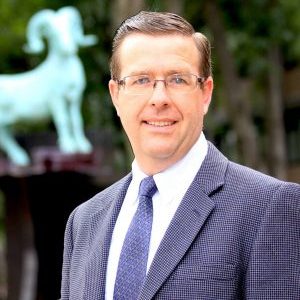
(Mechanical Engineering, Rice University; MSME from University of Washington)
Tenured Professor/Researcher at Tecnológico de Monterrey
in Mexico and Research Affiliate at the MIT Media Lab, Cambridge, MA, USA
Originally from Mexico
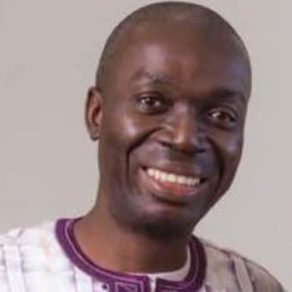

(Telecommunications, Université de Limoges)
Professor of Telecommunications at École Supérieure Multinationale de Télécommunications;
Committee Chairman for “Engaging the University,” IFES Francophone Africa
Senegal
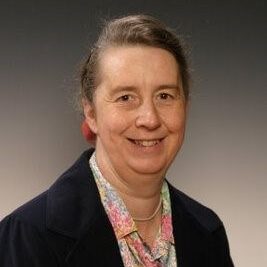

(Social Sciences, Bernelli University)
Academic Dean at Bakke Graduate University
France
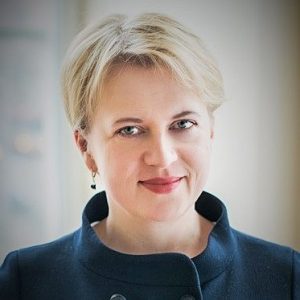

(Biomedical Sciences, Institute of Ecology and Lithuania University of Educational Sciences)
Dean of the Faculty of Creative Industries and Associate Professor at Vilnius Gediminas
Technical University
Lithuania
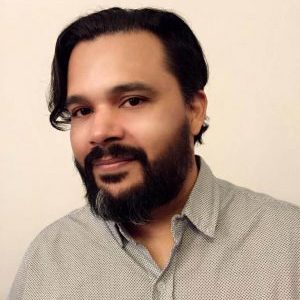

(Industrial Design, University of Bogotá Jorge Tadeo Lozano)
Professor of Architectonic Morphology at University of Buenos Aires
Argentina; (originally from Colombia)
Our sixth outgoing member, Prof. Osam Temple of Nigeria, deserves special recognition as he was the first-ever chair of the Society’s Executive Committee.
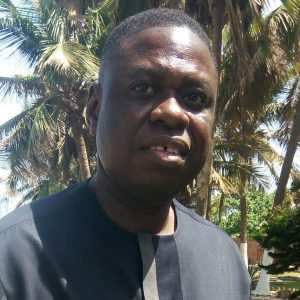

(Philosophy, University of Ibadan)
Professor of Philosophy at the American University of Nigeria and Special Advisor to the
Honourable Minister of Niger Delta Affairs
Nigeria
In Prof. Temple, God sent us the perfect fit for this inaugural position. He has served faithfully and tirelessly, traveling extensively throughout Africa and the Middle East and hosting countless Zoom meetings, with a constant and resolute focus on accomplishing our Society’s purpose. Thank you Prof. Temple!
Annual Global Scholars Grant Opens Soon!
The Annual Global Scholars Grant (2024) opens on 1 November. Applications can be submitted until 1 February 2024. The purpose of these grants is to help Society members become better equipped to fulfill their calling in academia.
- November 1, 2023: First day to submit applications
- February 1, 2024: Deadline for grant submissions
- February 1 to April 1, 2024: Grant Evaluation Committee determines grant recipients
- June 1, 2024: Grant recipients announced
- July 31, 2024: Funds awarded
- Grant recipients will be asked to submit regular reports as indicated in the terms of the specific grant.
- Several grants between $500 USD and $2,000 USD will be awarded.
- Applicants who have received this grant last year (2023) are not allowed to apply this year.
Upcoming Opportunities
External Reader Wanted
The Society recently received a request on behalf of a doctoral student, Emmanuel Oumarou, looking for someone who would be willing and competent to serve as an external reader of his doctoral thesis titled Epistemological Frameworks Underpinning Contemporary Evangelicals’ Perspectives of the Gospel and Missions in Comparison to those of Early Christ-Followers: A Kingdom-Driven Mathetetic Theorization Using Evangelicals of Bamenda, Cameroon, as a Case Study.
Oumarou plans to defend this dissertation by 31 June 2024. For more information, including an Abstract, please contact Dr. David Bjork: davidebjork@gmail.com.
Job Opportunity: Announcement from a New Engineering Institute
A new engineering institute in Central Asia will begin a master’s degree program in robotics in fall 2024. We are seeking believing, qualified engineering faculty to join an innovative program aimed at Kingdom purposes and the development of the local, engineering infrastructure. Our initial announcement has attracted bright, talented students who are eager to learn. Instruction will be in English. We already have official government approval and excellent facilities. We are looking for additional faculty members to join our team. Interested parties may contact HR@caedmi.com.
Upcoming Webinars
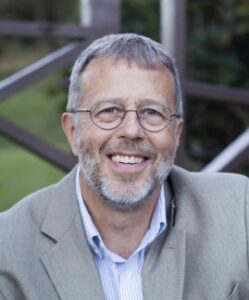

Beauty, Pleasure, and the Nearness of God: C. S. Lewis’s Earthy Spirituality by Gary Selby – Thursday, 16 November 2023 at 1400 UTC
When Jesus prayed to the Father in the garden of Gethsemane, he said, ‘My prayer is not that you take them out of the world but that you protect them from the evil one. They are not of the world, even as I am not of it’ (John 17:15-16). As Christian academics serving in pluralistic universities, what are we to make of this ‘being in the world but not of it’ way of thinking and being? What are the implications for our spirituality? Does this approach advocate for an escape from, an indifference to, or perhaps even ignorance of this world?
On Thursday, 16 November 2023 at 1400 UTC, Dr Gary Selby, Professor of Ministerial Formation at Milligan University, will take up these concerns from the perspective of C. S. Lewis. Dr Selby focuses on ways in which Lewis pushed back against what he called ‘negative spirituality,’ which sees becoming ‘spiritual’ as moving farther and farther away from the body and from physical creation, from the ‘everyday stuff of life.’ We will explore Lewis’s alternative, noting how he drew upon deep traditions in the history of Christian thought to offer hopeful, practical wisdom for becoming awake to the joyful presence of God.
In preparation for the webinar, consider reading the introduction and chapter 1 of Selby’s Pursuing Earth Spirituality: C. S. Lewis and Incarnational Faith.
Register today for this intriguing webinar as Dr Selby pursues the idea that our ‘spiritual formation comes about not by retreating from the physical world but through deeper engagement with it.’
Note: Be sure to check the Webinars Page for third-party webinars that are often added on short notice and for updated presenters and topics that may be helpful in equipping you to bring the gospel to bear in your university context.
